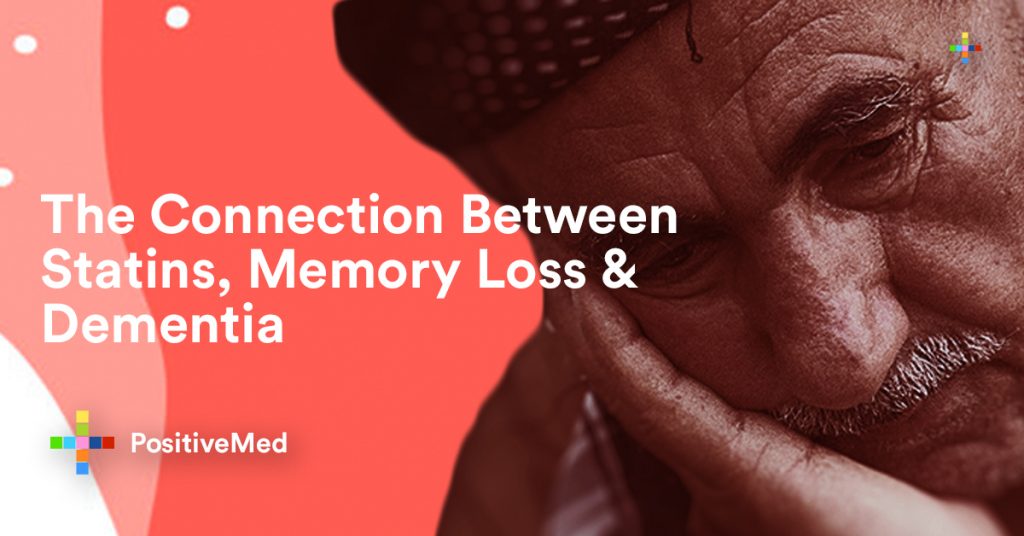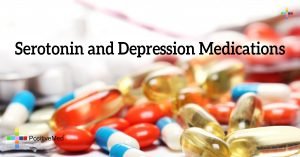Some of the common side effects associated with statins include memory loss and dementia. Can statins effectively treat or prevent heart disease? Read more to find doctors’ recommended alternatives.

Statins are cholesterol-lowering drugs commonly prescribed if someone is diagnosed with high cholesterol.
By lowering cholesterol levels, statins help prevent heart attacks and stroke.
Approximately, one in every five Americans between the ages of 40 and 75 use statins to prevent heart attack, stroke or heart-related diseases.
Effects of Cholesterol on Brain Health and Memory
Although cholesterol is an important component in the brain where it occurs in high concentrations, it’s also linked with heart disease. In fact, your brain is 60% fat and much of it is cholesterol. Your brain cells would die without cholesterol. So, cholesterol is required for the production chemicals brain cells known as neurotransmitters which are responsible for mood, ability to remember, learn, focus, and cope with stress.
Most psychiatric disorders and nervous system diseases are associated with abnormal neurotransmitter activity in the brain.
High total cholesterol lowers the risk of dementia in the elderly. However, drugs that lower cholesterol can lead to memory loss. Every prescription bottle of statin contains this warning.
Statin Side Effects
Apart from memory loss, statin drugs such as Lipitor, Mevacor, and Crestor are associated with other side effects such as learning difficulties and fuzzy thinking. Such drugs lower the production of CoQ10, a nutrient that shields both the brain and the heart. Deficiencies in CoQ10 can trigger muscle pain and fatigue. Some users of statins get depressed, very irritable, anxious and suicidal. The US Food and Drug Administration (FDA) insists that statin bottles should indicate other side effects including mental confusion, liver problems, type 2 diabetes, and dementia.
Can High Cholesterol Lead to Heart Disease?
Heart disease is the number one killer in most developed countries. However, only about 25% of people who are hospitalized due to heart attack have high cholesterol. This is a clear indication that high cholesterol is not a risk factor for heart disease as conventional wisdom has been telling us.
Are Low-Fat Diets Good for Your Heart and Brain?
Recent studies indicate that low-fat diets don’t make people healthier or thinner. The Harvard School of Public Health has severally acknowledged that low-fat diets don’t actually work. After dozens of studies, researchers from the reputable institution have found that low-fat diets could be worse than moderate- or high-fat diets for most people. In addition, low-fat diets don’t seem to offer any special benefits when it comes to disease prevention.
Low-Fat Diets and Memory Loss
Low-fat diets can contribute to cognitive decline and memory loss. This is mainly because they lead to a deficiency of a neurotransmitter called acetylcholine, which helps in memory and learning. Low levels of acetylcholine are typically extremely low in patients with Alzheimer’s disease. Your brain can cannibalize itself if it can’t get enough dietary fat to make this important chemical.
The 5 Main Causes of Heart Disease
If high cholesterol is not the main cause of heart disease, what is it?
According to Dr. Jonny Bowden and Dr. Stephen Sinatra, authors of The Great Cholesterol Myth, the top 5 proven causes of heart disease are:
1. Inflammation
2. Free radicals
3. Sugar
4. Trans fat
5. Stress
Why are Doctors Pushing Statins?
According to Dr. Jerry Avorn, a professor at Harvard Medical School, doctors don’t report between 90% and 99% of serious side effects associated with statin drugs. This is either because they have been influenced by the drug companies or they don’t believe there is a correlation.
Pharmaceutical companies have a vested interest to go on promoting this $19 billion industry. As we speak, one in four adults uses statins.
The American Heart Association recently released new guidelines that, if followed, could double the number of people using cholesterol-lowering drugs.
What’s Next?
If you are experiencing any side effects like memory loss, muscle pain, or mental confusion from the use of statin, contact your doctor immediately.
Provide as much information on cholesterol as you can. You can request to have the small particle low-density lipoprotein (LDL) test carried out.
What Else?
According to Drs. Sinatra and Bowden, the following simple lifestyle recommendations can address the underlying cause of heart disease:
• Avoid eating processed foods
• Lower intake of sugar, grains, and vegetable oils that are high in omega-6 fat
• Consume heart-healthy fats like olive oil, avocado, nuts, and coconut oil
• Exercise regularly
• Deal with stress effectively
• Avoid smoking
• Drink in moderation
• Use a CoQ10 supplement
Final Word
Cholesterol-lowering drugs and low-fat diets don’t necessarily prevent heart disease. However, they have been associated with memory loss and can lead to dementia. Talk with your doctor if you suspect memory loss from the use of statins.
Edited by: Jessa (Jan. 27, 2019)






